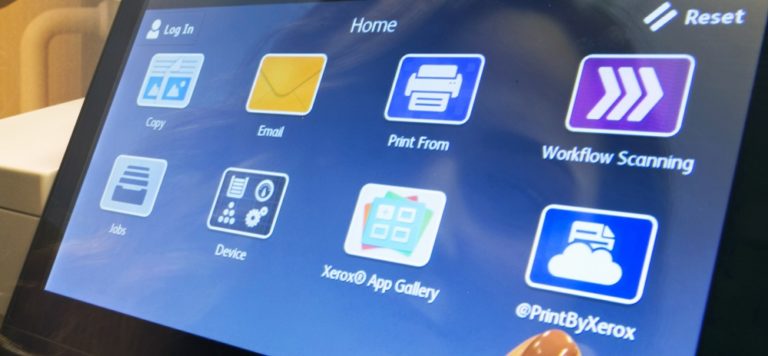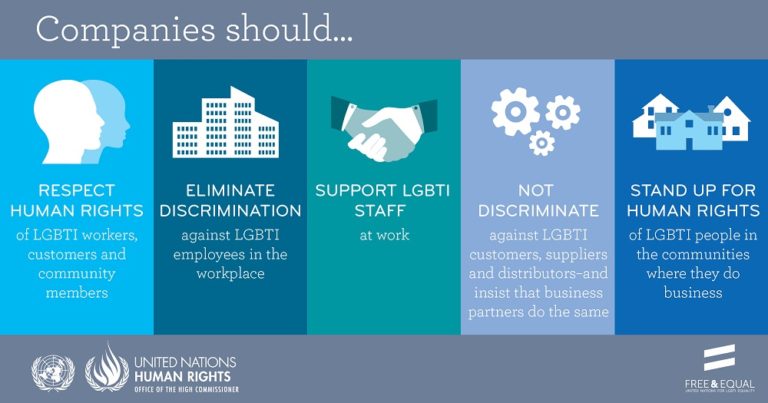By John Irvine, executive editor, The Health Care Blog
Xerox Corporation released the findings of its third annual survey, conducted by Harris Interactive, of consumer attitudes towards digital health records. 
As in years past, the survey offers a revealing glimpse into evolving consumer attitudes.
Forty percent (40%) of respondents said they think the conversion from paper to digital is necessary – about the same number as in years past. Slightly more, (46%) said they believe that digital records mean “better and more efficient care.”
A minority (24%) said that their provider had talked with them about getting involved in the process, an uptick from two years ago, when only 14% said they’d heard about the subject.
Only 9% said the transition from paper to digital “frightens me” – a good sign.
Privacy remains a major issue with recent privacy breaches remaining a major story in the news and a stated concern of many Americans that you can expect to continue. See the last week’s BIDMC story for a case study in the mayhem that can follow when a doctor’s laptop ends up in the wrong hands.
Sixty-three percent (63%) of respondents said that they are concerned that their personal medical information might end up in the hands of a hacker, about the same number as in recent years.
Given that missing laptops and thumb drives are a problem that is unlikely to go away any time soon, it seems to us that this is an area where government could reasonably step in and establish sensible regulations protecting protect consumer privacy while at the same time encouraging providers to go digital. Establishing best practice guidelines that govern how data is stored and transferred and limit liability if guidelines are followed could make a lot of sense.
Tellingly, a significant number of consumers (51%) said they are seriously concerned their data could be misused, a sign that the industry has a ways to go in addressing privacy concerns.
The recent progress that’s been made in health IT is highly encouraging. But we won’t be there until Americans understand what is happening with their medical information and appreciate both the risks and benefits involved.
Logically, given the federal dollars going to subsidize health IT adoption it seems reasonable that the government ask providers to talk to consumers – or at the very least provide some sort of educational information.
This is also an area where the U.S. Department of Health and Human Services could theoretically get involved.
A little more creativity on the part of government might help, too. You may have heard about the CDC’s Zombie Invasion Preparedness Guide, the only government publication that we know of that went viral on the Web within hours of release. The point of the unorthodox public relations campaign? Teach the public about disaster preparedness. A little silly? Yes. Effective? Undoubtedly.
Alternatively, a one-time federal tax credit to consumers for accurately completing their digital health record might not be the worst idea in the world. That may be an idea that lawmakers can live with – at least after a contentious election cycle is over.
John Irvine is the co-founder of The Health Care Blog (THCB). He writes regularly on the intersection of technology, business and medicine. He lives in San Francisco.
_______________________________________________________________
John Irvine filed this content as a paid contributor to Xerox. The content is the author’s opinion and does not necessarily reflect the views of Xerox.



Fascinating findings. The possibilities with digital health records are endless — is anyone exploring digitizing and error-checking the entire prescription process to avoid errors, or using smart software to diagnose diseases based on decades’ worth of symptom data?
On a side note, I’d love if you’d write more in the future about the Zombie Invasion Preparedness Guide and the use of engaging communications for health and safety awareness. I believe this is an underdeveloped area, and so often “engaging” takes a back seat to “professional.” And of course — funding is always a problem.
With everything being digital, almost your entire life. I see no problems in digitalizing health records and everything else. You always have it at hand. I think it is mainly the older generation who see’s theese subjects as a problem, not a solution.
When my generation grow old, it will be a totally different digital age.
Best regards Mikkel Nielsen
http://www.nctas.dk
A Xerox partner.